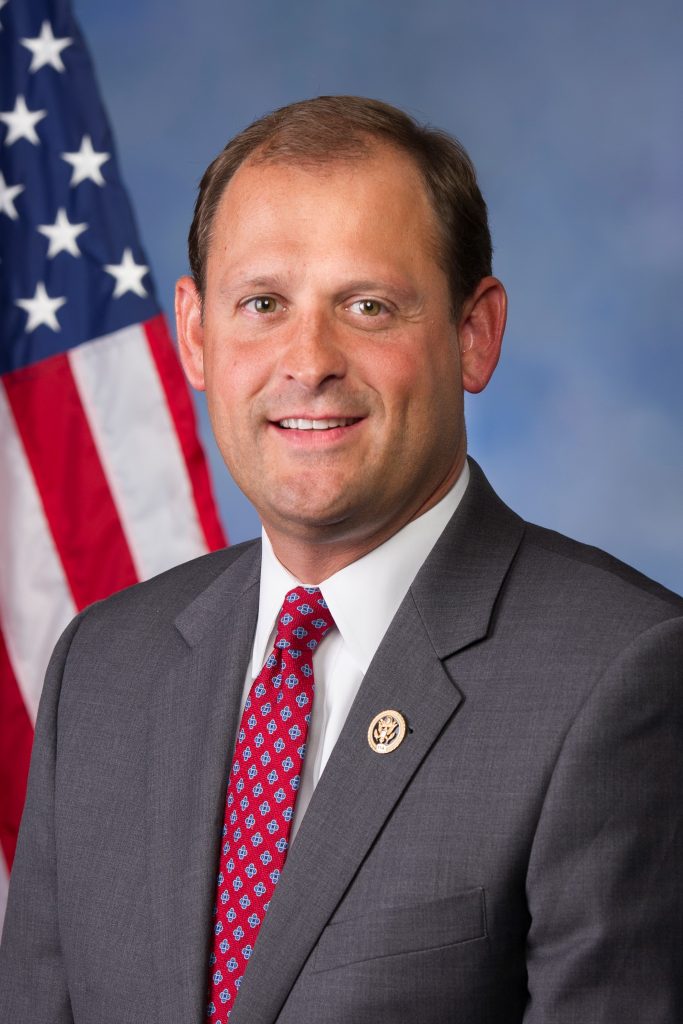
Ten years ago, the Obama Administration announced that its Housing First strategy would end homelessness by 2023. Over the decade since, the singular approach to solving homelessness would prove to be a disaster.
According to a recent U.S. Department of Housing and Urban Development (HUD) study, the U.S. saw a 20% increase in America’s unsheltered homeless population from 2014-2019. California, the only state in the nation to follow the Obama Administration’s lead in 2016 to fully adopt the Housing First model, saw its homeless population surge by 50% before the pandemic.
Housing First has failed because it prevents providers who require wraparound services from receiving federal funds to curb homelessness in our communities. These wraparound services are oftentimes necessary to ensuring a person can safely and fully attain permanent housing on their own. We need to abandon HUD’s exclusive reliance on Housing First in order to truly help those in our communities. We need an all-hands-on-deck approach to reduce homelessness.
That’s why I’ll be reintroducing the Housing Promotes Livelihood and Ultimate Success (Housing PLUS) Act, legislation I led in the last Congress to prioritize federal funds to providers based on their record of transitioning Americans from homelessness to a path of long-term housing and self-sufficiency. This ensures we are elevating the best providers, whether they use the Housing First model, are faith-based organizations, or require participation in wraparound services such as addiction treatment or job counseling.
California, the only state in the nation to follow the Obama Administration’s lead in 2016 to fully adopt the Housing First model, saw its homelessness population surge by 50% before the pandemic.
Specifically, my proposal would prevent the HUD Secretary from prohibiting, limiting or otherwise restricting award of Continuum of Care (CoC) funds to providers because they require patients to enroll in wraparound services or because they are faith-based organizations. To ensure these providers receive access to federal funding, my bill in the last Congress also directed the HUD Secretary to allocate no less than 30% of CoC funding to recipients that provide, or facilitate access to, wraparound services.
Expanding CoC funding to include providers who require wraparound services means we will be delivering resources to providers combating the root causes of homelessness. To meaningfully address homelessness, we must invest in reducing its main causes. Take addiction and mental health counseling as an example. Over 75% percent of homeless individuals in the U.S. are struggling with addiction or mental health issues.
Requirements that the homeless engage in services and move towards self-sustainability are reasonable, and have precedent. Pell grants require students to make satisfactory academic progress, attend classes and maintain passing grades. Unemployment benefits require recipients to look for jobs. The Temporary Assistance for Needy Families program generally requires beneficiaries to work or advance their education. These mandates improve recipients’ well-being and their opportunities for success.
To meaningfully address homelessness, we must invest in reducing its main causes.
America’s crisis of homelessness isn’t stemming from a lack of resources or investments. In the ten years prior to HUD’s 2019 study on homelessness, federal spending on housing assistance increased by 200%, much of it plowed into Housing First. Yet, President Biden’s blueprint plan to address homelessness calls for a doubling in Housing First funding at the federal level.
In the months ahead, Congress has a critical decision to make. Will we engineer a U-turn on how we distribute resources to combat homelessness, or will we continue to reward providers simply on the basis of fidelity to an ideological philosophy instead of their ability to get results for the Americans they serve?
Andy Barr represents the 6th District of Kentucky in the U.S. House of Representatives.




